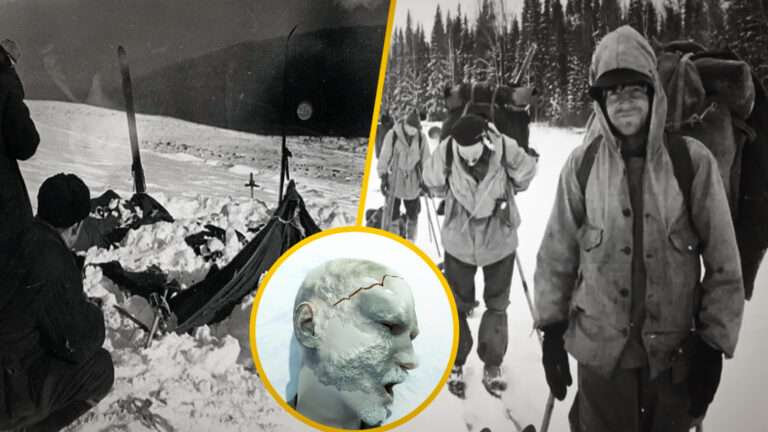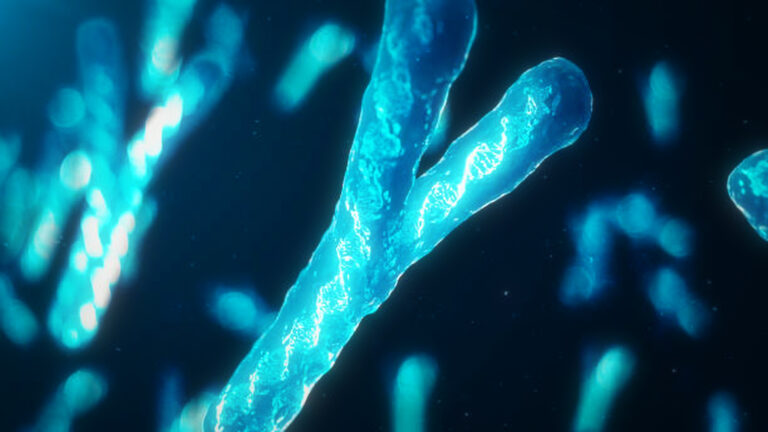The Surprising Intelligence of Honey Bees, How They Recognize Human Faces
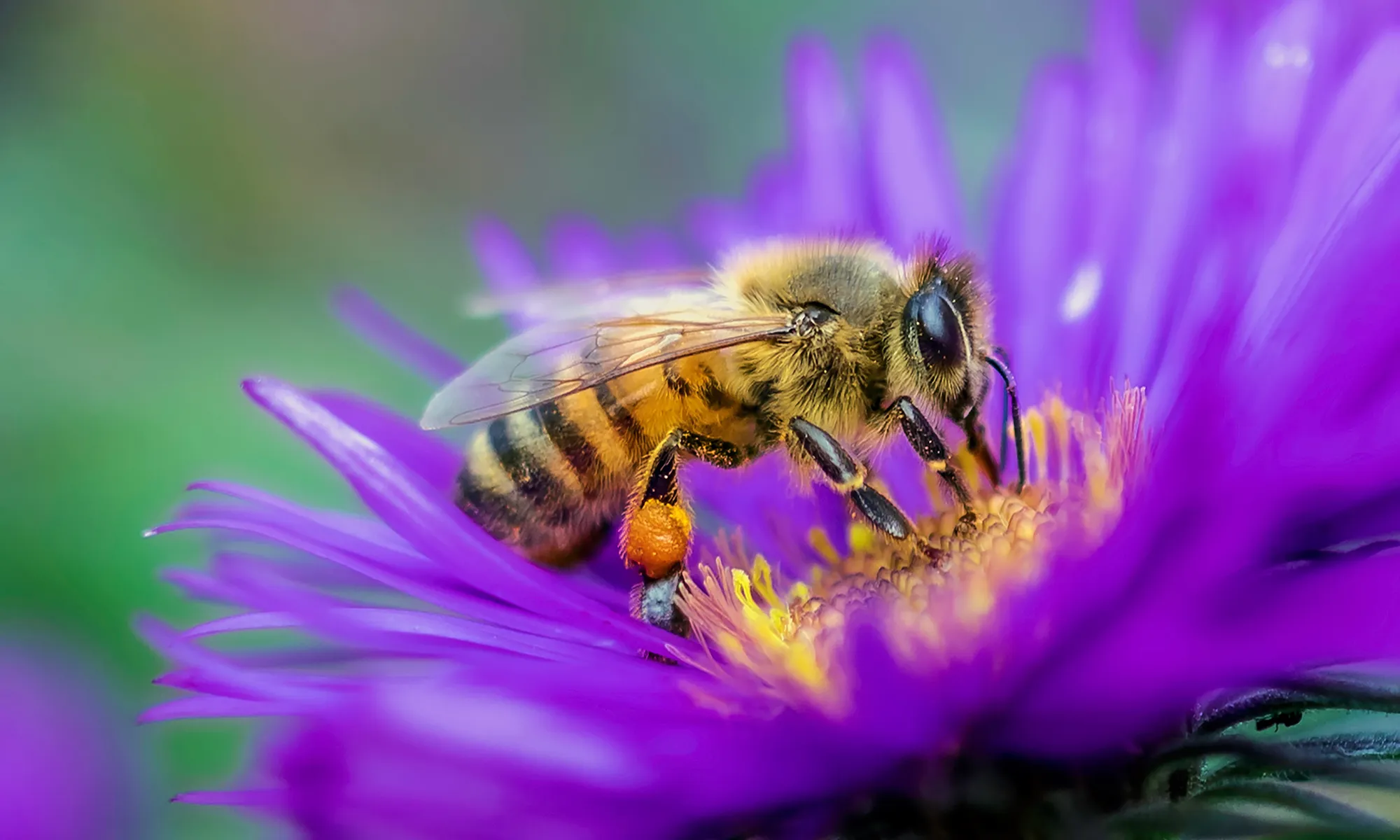
The Fascinating Cognitive Abilities of Honey Bees
When you think of honey bees, you probably imagine buzzing around flowers, making honey, and performing their vital role in pollination. But recent studies have revealed something truly remarkable about these tiny creatures—bees can recognize human faces. As a beekeeper, I’ve observed firsthand how my bees react differently to regular visitors versus unfamiliar ones, and now science has confirmed that their recognition abilities extend to the human face.
The Study Behind the Discovery
Recent experiments conducted by researchers have shown that honey bees can differentiate between various human faces. The experiment involved presenting bees with digital images of human faces placed near beehive entrances. Shockingly, the bees not only recognized individual faces but could also remember them from different perspectives. The study revealed that bees are capable of long-term memory retention, remembering faces for up to a month after a single viewing.
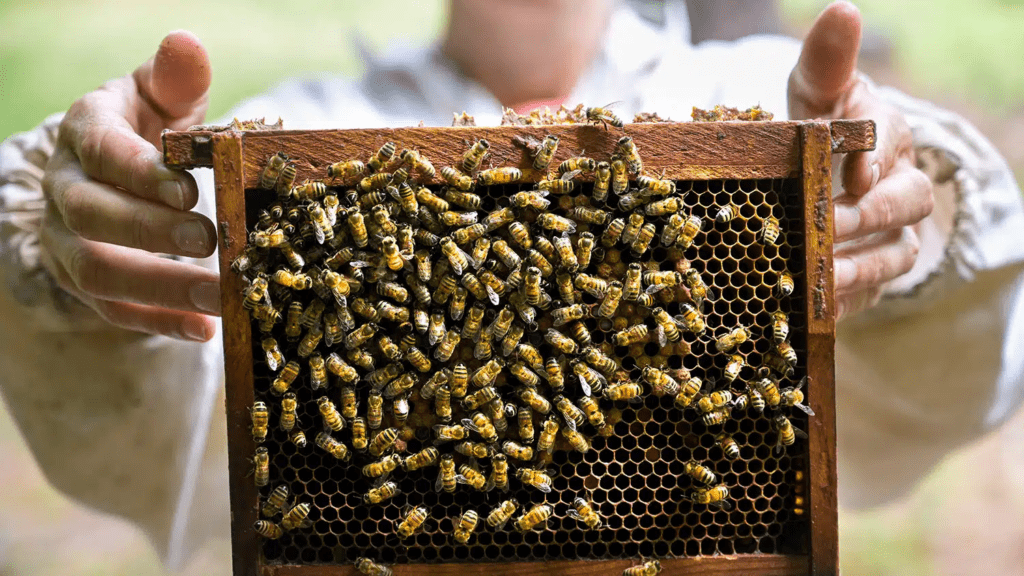
What’s even more astonishing is that bees can recall faces from one angle and still recognize them when viewed from a different direction. This ability to process and retain such information, despite having only about 1 million neurons in their tiny brains (compared to the 80 billion neurons in the human brain), highlights just how advanced their cognitive functions are.
Why Do Bees Need Facial Recognition?
You might wonder why bees need to recognize human faces in the first place. The answer likely lies in the bee’s evolutionary need to distinguish between colony members and potential threats. Facial recognition may help bees identify their queen, recognize fellow colony members, and differentiate between familiar caretakers and intruders. This ability minimizes defensive reactions when familiar faces approach the hive, ensuring that regular interactions with beekeepers are non-threatening.
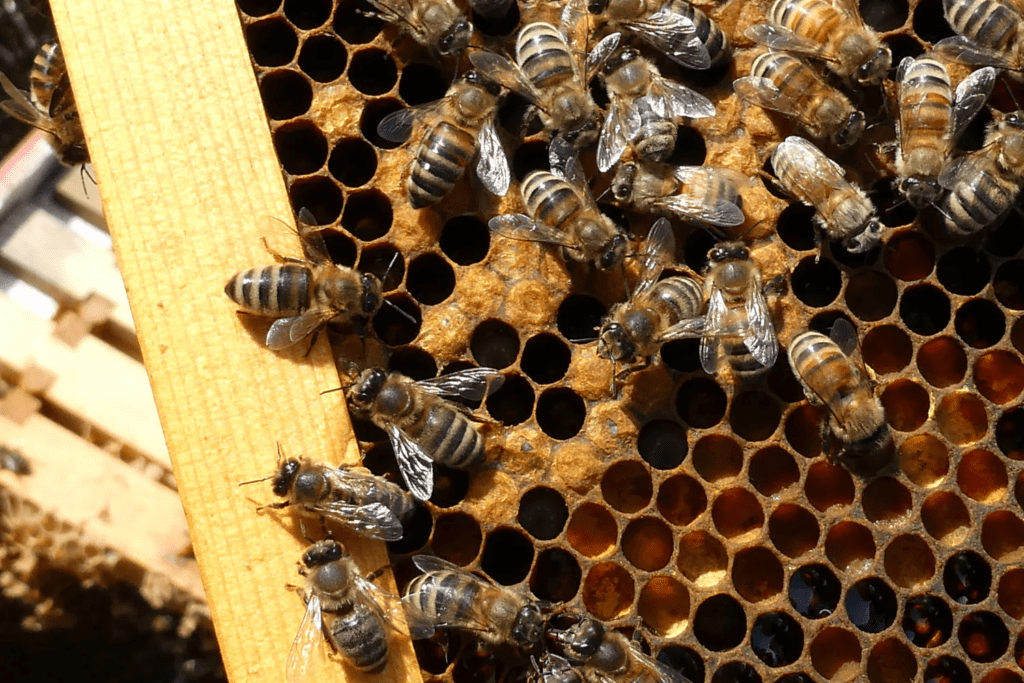
The Power of Consistency in Beekeeping
In my personal experience as a beekeeper, I’ve noticed how my bees remain calm and placid when I tend to the hives. I speak in a soft, steady voice, and my calm demeanor helps to reassure the bees. Over time, I believe my bees have come to recognize not just the sound of my voice but my face. Whether they understand my words or not, they seem to recognize me as their caretaker. This familiarity helps keep them at ease, allowing for smooth inspections of the hives.
During these inspections, I take care to speak gently and point out the healthy development of the brood. Even though the bees don’t know my name or recognize me as “Betsy the Beekeeper,” they know me as a regular, non-threatening presence. It’s clear that the consistency of my visits, my voice, and my appearance play a crucial role in building this trust.
The Intricate Bee Brain: More Complex Than We Thought
The concept of bees being able to recognize faces may seem surprising, especially when you consider their small brains. But their cognitive abilities are far more advanced than we typically give them credit for. Bees have specialized brain regions dedicated to visual processing, allowing them to distinguish objects, colors, and patterns. This enables them to identify faces, which is a key survival mechanism for their colonies.
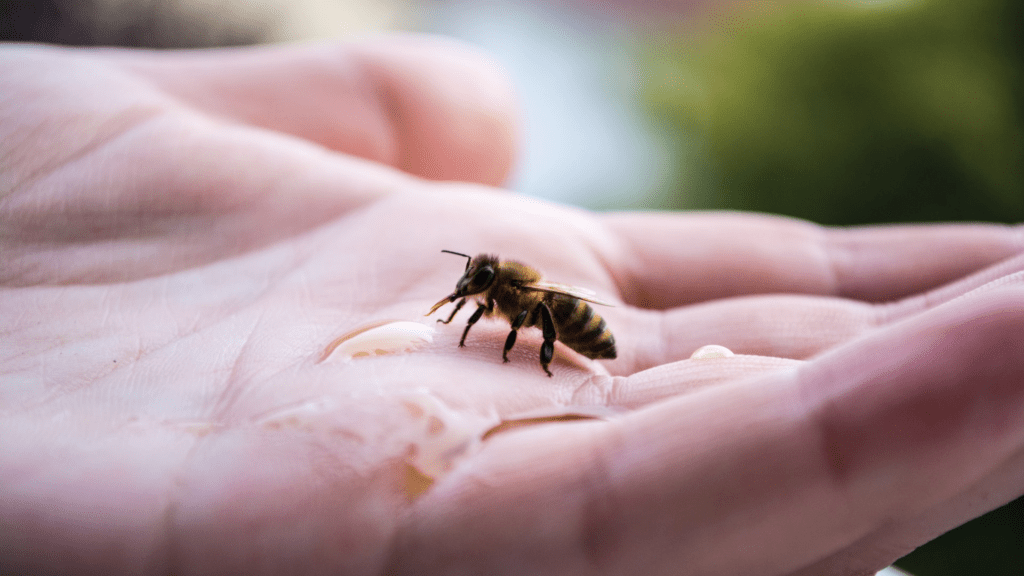
The fact that bees can remember and recognize faces challenges our understanding of animal intelligence. Their ability to process and retain visual information demonstrates the sophistication of their neural systems and expands our view of the animal kingdom’s cognitive abilities.
The Emotional and Ecological Significance of Bees
As we deepen our understanding of bees’ cognitive powers, it’s important to recognize how they fit into the larger ecological picture. Honey bees play a crucial role in pollination, and their ability to recognize faces could help strengthen the relationship between humans and these vital creatures. By respecting their space and understanding their behavior, we can coexist with these amazing insects in harmony.
So, the next time you spot a buzzing bee, take a moment to appreciate its remarkable abilities. Not only can it help pollinate your flowers and crops, but it might also just remember you from a previous encounter.
Conclusion: A New Appreciation for Bees
The discovery that honey bees can recognize human faces adds a new layer of appreciation for these hardworking creatures. Despite their small size and tiny brains, their cognitive abilities are impressive. They are far more intelligent than we often give them credit for, and their ability to remember faces shows just how complex and fascinating the natural world is.
In our ongoing interactions with these pollinators, it’s important to remember that they are not just mindless insects but highly intelligent beings capable of forming memories and recognizing the faces of those who approach their hives. So, whether you’re a beekeeper or simply someone who enjoys the buzz of nature, take a moment to recognize the bees—they may just recognize you in return.




